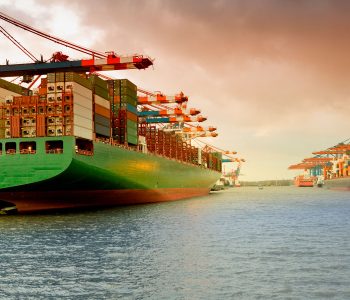In July 2022, Russia and Ukraine signed a bilateral agreement under the UN’s supervision, enabling the Black Sea maritime corridor to function smoothly.
UN Secretary-General António Guterres hailed the pact, stating it was a “tremendous relief to the world and would stabilize food prices.”
The agreement was renewed three times despite Russia’s threats. However, when the fourth expiration came on July 17, the invading country decided not to renew it. The Kremlin followed through on its threats.
Russia claims that its demands regarding grain and fertilizer exports are not being met. Although no formal sanctions have been imposed on such commercial activities, Russia believes that payment delays, insurance contract issues, and other difficulties act as informal sanctions.
The EU’s chief diplomat condemned Russia’s actions, stating that “By blocking one of the most important grain export routes from Ukraine, Russia once again turns people’s hunger into a weapon.”
Experts believe the agreement contributed to a gradual reduction in commodity prices, which are currently about 23% lower on average than in March 2022. The agreement’s collapse is expected to have the opposite effect on markets and worsen the situation for those facing hunger.
Shashwat Saraf, a member of the International Rescue Committee, highlighted that “approximately 80% of East Africa’s grain is imported from Russia and Ukraine. Over 50 million people in East Africa are experiencing hunger at crisis levels, with food prices rising by nearly 40% this year. Any disruption in the global food supply during such a critical time could have devastating consequences.”
Despite Russia’s refusal, Ukraine believes the agreement remains in effect. President Volodymyr Zelensky argues that Turkey and the UN are also part of the agreement, supporting the continued operation of the maritime corridor.
You may also be interested in reading: “
